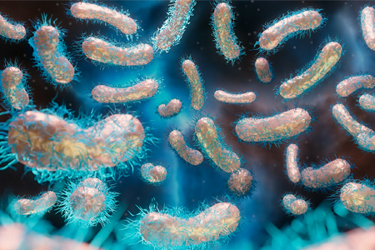A Brief History Of Microbial Biomanufacturing: Where We've Been And Where We Are Going

Microbial biomanufacturing is a rapidly evolving field that utilizes microorganisms to produce valuable compounds. From its origins in the production of fermented foods and beverages, it has expanded to the large-scale production of chemicals. With the advent of recombinant DNA technology, microbial biomanufacturing has reached new heights, allowing for the synthesis of human insulin and growth hormone, as well as the production of recombinant enzymes.
Although mammalian cell culture has dominated biopharmaceutical production in recent years, there has been a resurgence in microbial manufacturing. This resurgence is driven by the desire for increased product efficacy and sustainability.
Advancements in genetic engineering and synthetic biology have revolutionized microbial biomanufacturing. Genetically engineered microbial strains and microbial expression systems that secrete the drug substance have led to higher yields and more efficient production processes. These technologies are crucial in the production of enzymes, proteins, and pharmaceuticals.
The future of microbial biomanufacturing holds great promise. The use of microorganisms in the production of valuable compounds is becoming increasingly important, and innovative solutions are driving this transformative era in biopharmaceutical production. Learn more about the cutting-edge technologies driving this transformation and how the right outsourcing partner can help you leverage the benefits of these innovative therapeutics.
Get unlimited access to:
Enter your credentials below to log in. Not yet a member of Bioprocess Online? Subscribe today.
